Einmal ist Keinmal: An Intro to Decentering Men
"The desire to be loved is the last illusion. Give it up and you will be free."
“Wie war die Arbeit heute?”
Every Tuesday since we learned office vocab, our German professor dutifully starts class by asking how work went that day. It’s 6pm and we are bleary-eyed, many of us settling into our chairs after sitting in another one all day, snacking on to-go salads and tea and chips.
“Es war ein guter Tag, er war lang.”
Going to German class at night is truly one of the highlights of my week. I love learning and challenging myself, and honestly being not that great at something but trying my best to get better. Learning funky phrases that are germane to a language is one of the most fun parts of learning any language. Einmal ist keinmal means “once is never”, and my professor used it when one of my classmates mentioned that her German boyfriend still rarely speaks German with her even as she’s trying to learn.
I found myself exploring the concept of “decentering men” this past week after a few too many targeted Instagram Reels. Through countless Reddit threads and Margaret Atwood passages, I found myself thinking of “Einmal ist keinmal” as it applies to relationships between men and women as well. Men do something “right” one time, and we applaud them. The world was built for men, and yet we cut them endless slack for just doing the bare minimum. I can’t even begin to count the number of women I know who have “mothered” their partners in some form or another.
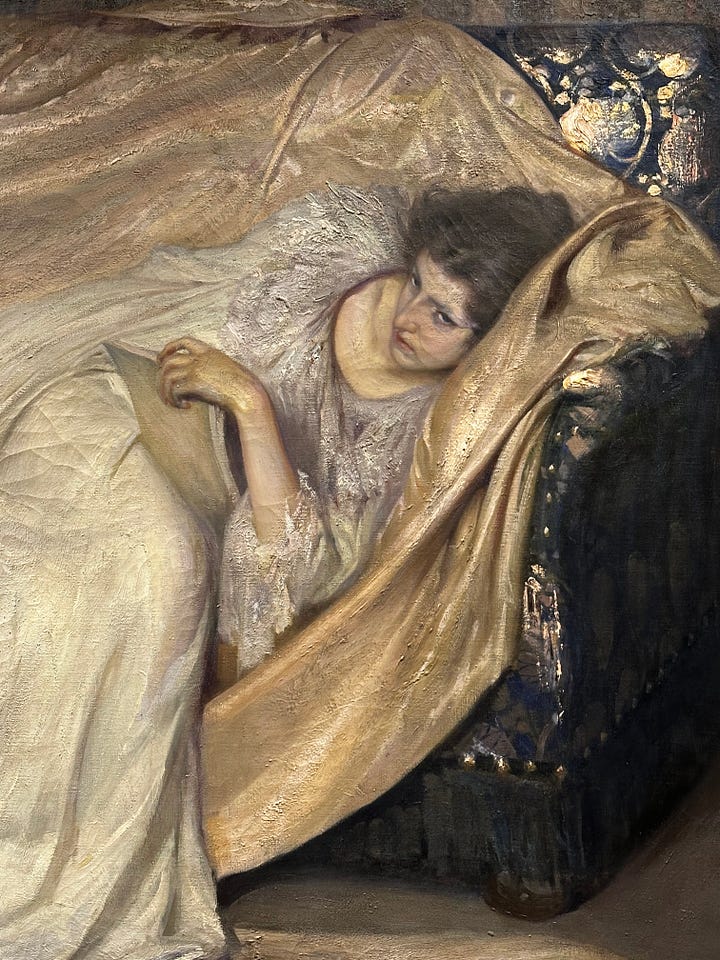

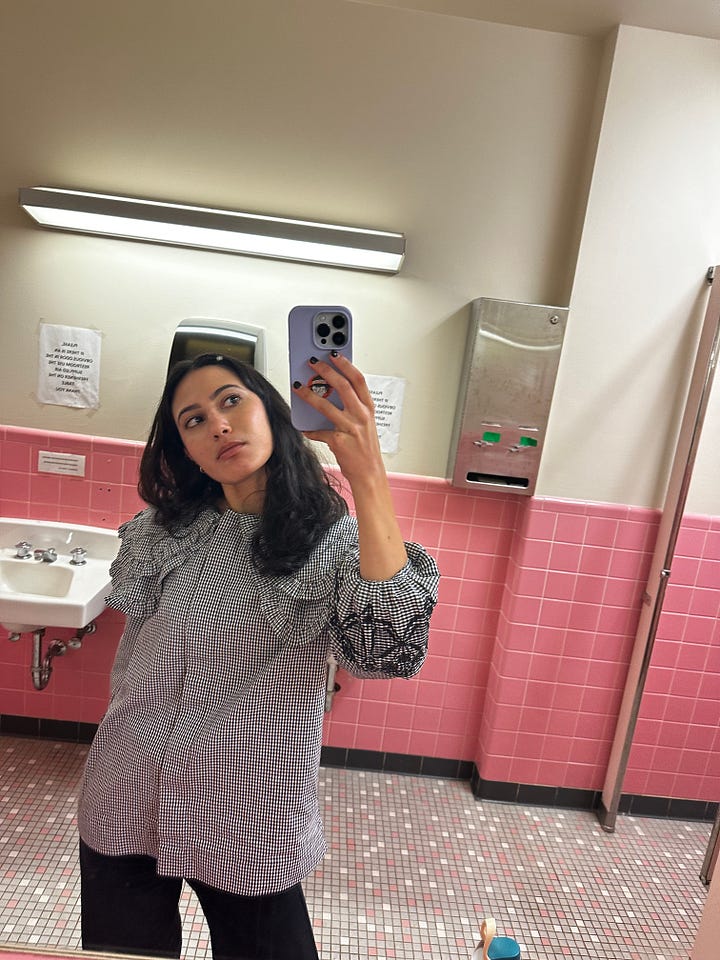
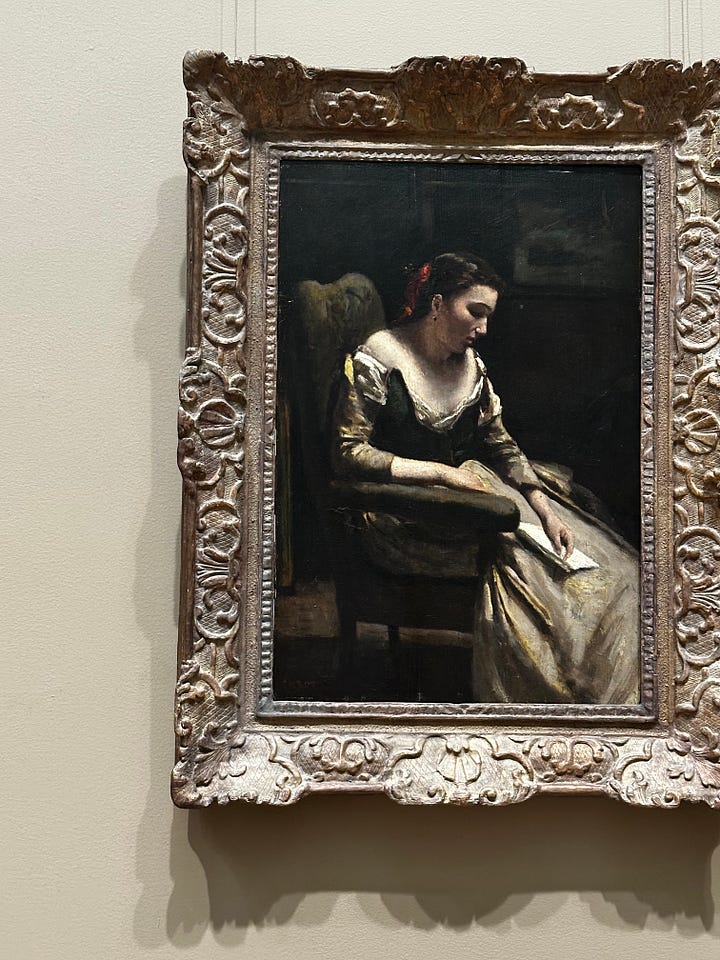
Decentering men is a bit of a feminist buzz-term these days, and you may have come across it on your daily scroll or in an article. But it is a very real practice with roots in the South Korean 4B Movement, through which women do not date, sleep with, marry, or have children with men as a form of personal and political protest. As the Trump administration continues to slash away at reproductive rights and liberties (both discursively and politically), many American women are choosing to entertain new ways of existing that are simply free from men, or at least reframe how men play a role in their lives.
So I looked at my own life, and the more I interrogated why I did certain things, the more I was sickened by the fact that many were rooted in the male gaze and how men would interpret my actions. Envisioning how men would view my Instagram post or even read my writing. Wondering if men would think I looked like a clown with that red lipstick on or considering who I might run into when I left the house that day. Did I really study feminist theory for over four years to still attribute part of my worth to how it garnered the attention of men?
Why do we think we look hot with our boobs pushed up like that? Why do we shave our legs, wear concealer, or partake in any of the myriad beauty standards throttled down our throats? Why do we post that picture or ceaselessly critique our own bodies? Why do we do anything? It’s easy to get in one’s head about this kind of stuff, but women must remember that we have been socialized to crave validation from men through our appearances and actions from the day we are born. And it sucks that the work of undoing that socialization still falls to us, and for that reason I cannot blame women for not trying to actively decenter men.
But society wants women to want romantic love with a man! Capitalism literally relies on babies to be born to keep the workforce alive and pumping out money. Marriage is an institution with ties so strong in this country that it is consistently leveraged by the left in legal battles for equality. So to try and undo all of these social norms and pressures that have shaped our minds and lives for millennia is a tall ask.



I was reading somewhere that romantic love was invented by the patriarchy to sell women on heterosexual relationships. Because in marriage, relationships, and childrearing, women always get the short end of the stick as they take on more physical and emotional labor than their male counterparts. Men are never planning their futures around some magical yet unbeknownst to them woman, so why should women do the same for men? As I marinate in the absolute luxury which is my single life, I sometimes want to vomit when I think of giving up the freedom and autonomy I experience over my life and time for a m*n.
In decentering men, we disaffiliate our relationship status with our self worth. We stop contorting our existence to pander to the comfort of men who we may or may not encounter. We rid ourselves of the expectation that a man will add any value to our lives because the potential to generate any and all value is within ourselves already. What would your life look like if you told yourself that your “dream man” isn’t coming?
“The desire to be loved is the last illusion. Give it up and you’ll be free.”
- Margaret Atwood
Something I’ve been contemplating is how to decenter men as you date men and as you seek romance. Can you decenter men while you date them? It almost seems impossible. How do we reconcile our desires for romantic love and sex with decentering men from our lives? The 4B Movement would say you simply can’t. By choosing celibacy and surrounding ourselves with women, we simply remove the very functions of the patriarchy from acting on us. The 4B Movement asks us to imagine a world where romantic love doesn’t just come from partners, but from community. Where relationships with friends, family, and pets buoy us through life. And while I support those participating in the movement and it’s motivating facets, I acknowledge that it is at one end of a set of extremes.
The concept of decentering men is highly pluralistic and you can apply it to your life in whichever quantities you want to. Personally, I think it’s okay to still want romantic love and partnership. I am truly such a romantic in all forms of the word. A few ways to decenter men on the regular: surround yourself with more women, remove expectations for a man to enter your life, plan your life around yourself, don’t prioritize men’s feelings over your own, double check the motives you have behind doing something, and overall, don’t make yourself uncomfortable to make men comfortable.
Basically, I am telling all of my female readers to be more selfish. To not give up their dreams or time or lifestyle in search of someone that likely will siphon you off from parts of your goals. To leave the house and like how you look because you actually like how you look. To acknowledge when Einmal ist Keinmal is playing out before your very eyes and to not excuse it. My journey to decentering men is very much in its early stages, but I hope that this can serve as an intro to a conversation that we can keep going as our rights and liberties continue to be placed on the chopping block and the desire for alternative realties burns brighter and brighter from the sidelines.
THE MEDIA CORNER
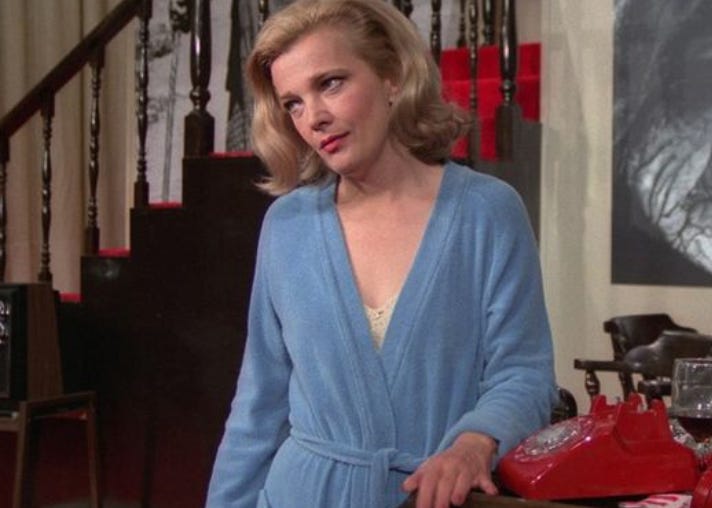
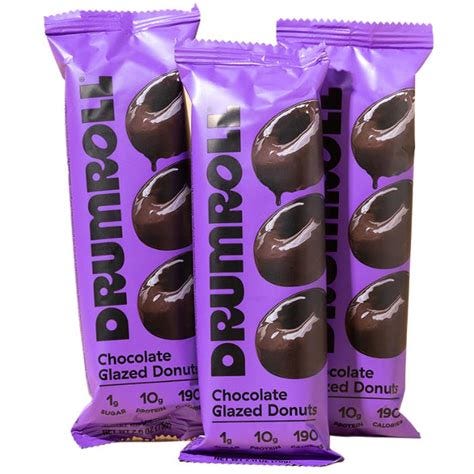

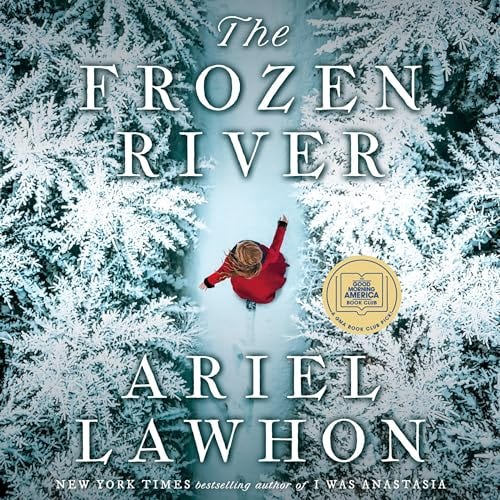
Watch: Opening Night (1977) dir. John Cassavetes
The first time I heard about “a Cassavetes” was definitely through film bro discourse. Little did I know that this movie written by a man about a woman actually doesn’t fully do women wrong. Sloane selected Opening Night for February’s movie club; we both enjoyed it more than we thought we would and had a very stimulating chat about it. The film is a psychological drama about a stage actress (Gena Rowlands) spiraling before the opening night of her production on Broadway after witnessing the death of a fan and increasingly struggling to connect to her character in a play about aging. First, I must mention that this movie is beautifully shot, perfectly colored, and lusciously grainy just like all those movies from the 70s are. The long zoom is truly a lost cinematic art! Reflection is used heavily through mirrors and quick cuts to tell a complex story about female identity as we age and how men continue to decide what we simply must “need”. Rowlands’ character experiences a nervous breakdown as she reinvents her character on stage, goes off script, and speaks to her younger self. Cassavetes is also known for making movies about acting, and I really gained a greater appreciation for theater as the rawest kind of performance in this one. The lines between reality and fiction consistently blurred, this thought-provoking drama is a 70s time capsule and piece of art that will have you revisiting its themes over and over again long after the credits roll. Streaming on Max.
Eat: Drumroll Donuts
I’ve tried too many “alternative” treats and snacks over the years to really give any more a chance. But when I stopped by Pop Up Grocer this past week, I decided to give these Donettes dupes a try. I picked up a pack of the chocolate glazed and they were actually stellar. They’re definitely not the real thing, but with 10g of plant protein, they come pretty close with their dense yet cakey crumb and solid glaze. The taste of allulose isn’t completely overpowering, and that is the bar against which I measure all of these “health” snacks. Drumroll can be found at random health food stores and specialty grocery stores, but they also seem to be at Target. Check out their store locator.
Tune in to: the Oscars
Ah yes, the Super Bowl! (btw, I watched The Godfather instead of the actual Super Bowl this year, if I haven’t told you already). Ever since I’ve gotten into ~cinema~, I watch the Oscars religiously, debating pop culture moments, fashion, and film with friends as they unfold in real time. I’ve seen six of the ten Best Picture nominees this year, which is pretty good for me, although many of my friends have already knocked them all out. I like to make watch night a bit of a ceremony at my place: I’ll be baking something (debating between coconut cake and a chocolate raspberry tart), lighting all my candles, ordering pizza, and printing out ballots for us to fill out beforehand. Nothing may ever top the time my sister and I watched the Oscars at the Roxie Theater in the Mission in SF, where I actually bawled seeing Ke Huy Quan win the award for Best Supporting Actor. But celebrating at home is almost just as fun. Anyways, tune in along with me this Sunday, March 2nd from 7-10pm ET on Hulu.
Read: The Frozen River by Ariel Lawhon
Spring may be right around the corner, but I am leaning into the snowy vibes with this historical thriller that takes place in Maine in 1789. I’m also currently watching the John Adams miniseries on Max that takes place around the same time, so I am fully immersed in this time period and the travails of early United States history. The book follows Martha Ballard, a midwife and healer as she pursues the truth behind a murder and a rape that have occurred in her small Maine town. I have never really read a thriller before, so I think that this historical fiction slant is the perfect foray into the genre for me. Even though I’m just 100 pages in so far, I’m truly hooked and devouring the story.
Dig into: The Cringe Matrix
I recently came across this piece on Substack by Haley Nahman on the different kinds of cringe, ranging from delusional to aware and sincere to insincere. This was such a fun read and I can only hope that I am operating in the wholesome cringe quadrant as much as possible.
Recent Instagram saves:
If you made it this far, please press that little heart. As always, I really appreciate you for reading my writing <3
xx


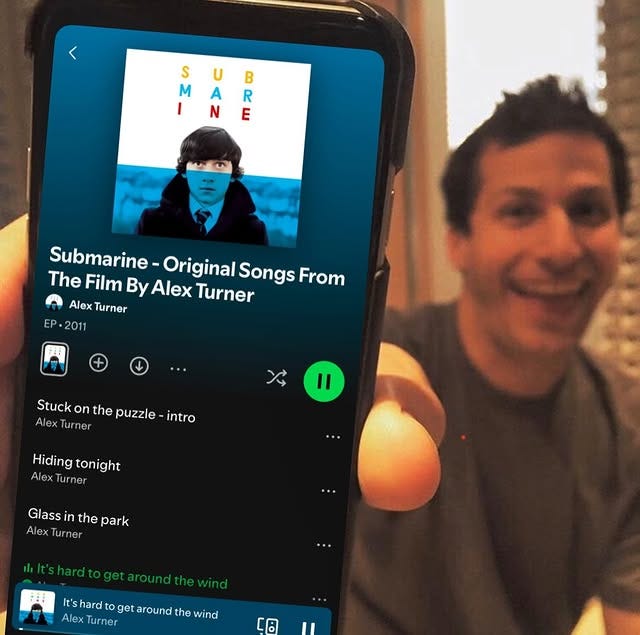

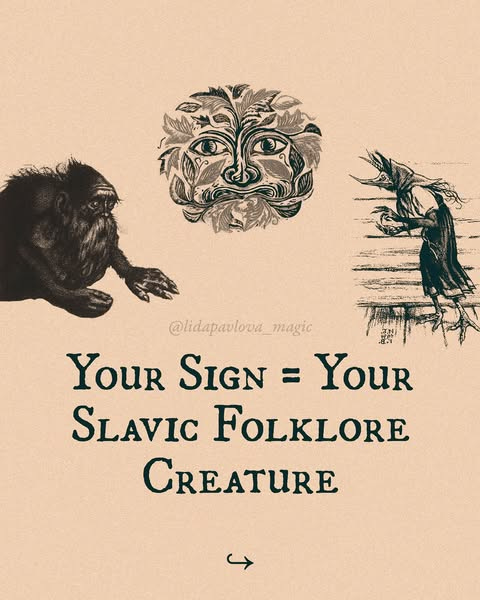
YES 1000% to this. One of my favorite ways to center women has been through the arts: only taking in art made by women, and especially BIPOC women. Books, movies, TV, music. Have you seen the film Daughter of the Dust? White men don't understand it and think it's terrible, but it's simply not made for them.
Anyhow I could go on and on. Love you and this journey
Love love love love love love love!!! And I vote for the raspberry tart.